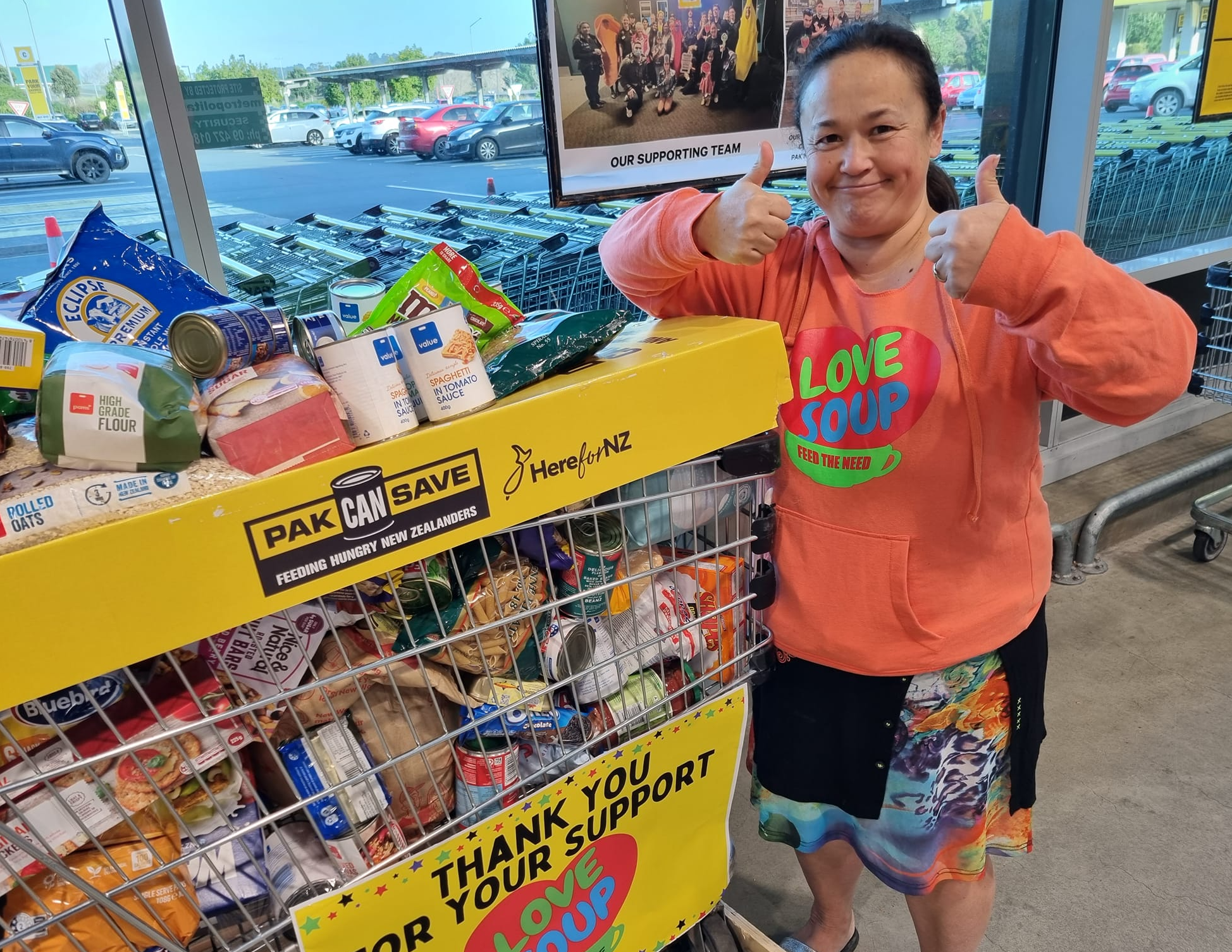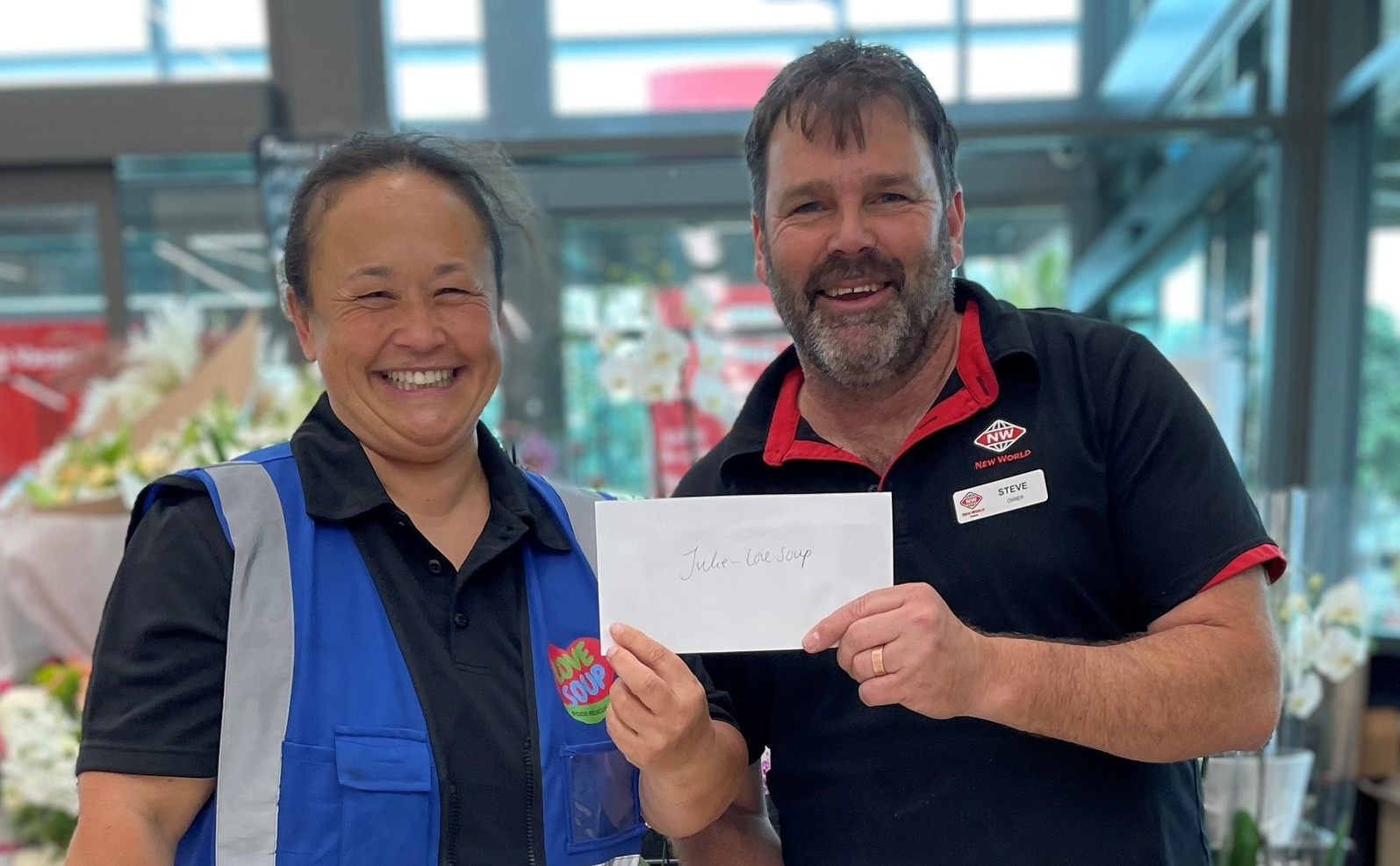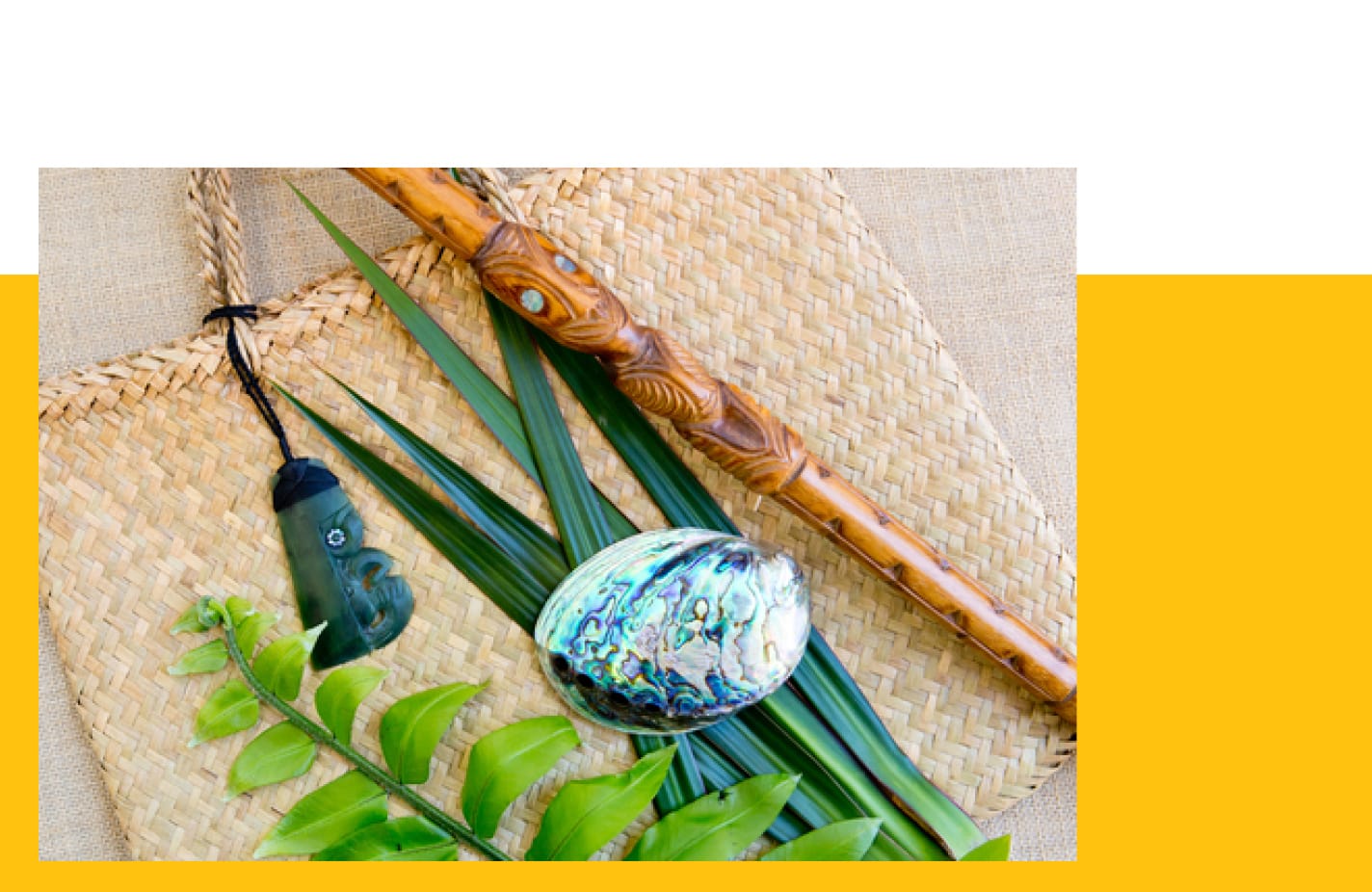
SERVICE IS MEDICINE
The need to share hope and alleviate poverty
Then
Love Soup began twelve years ago, but the story behind it started much earlier. From the age of five, I was going through rubbish bins looking for food. My mum was raising four girls alone, and the little money we had went on housing. Later, as a teenager working in hospitality, I saw just how much food was being thrown away. It really disturbed me.
This work is a calling, but it’s also part of my own survival story. I’ve lived through extreme depression. I was diagnosed bipolar and was in and out of mental hospitals five times in five years. In 2011, I nearly died. I was obsessed with dying for ten years—I truly didn’t think I’d make it to 40. But when I was in ICU, unconscious for three days, I had a moment of clarity. It was a very spiritual experience and I realised I was meant to live. From there, I had to will myself to get better. That was the beginning of my journey toward hope.
Now
Today, Love Soup operates in Tokoroa, Hibiscus Coast, Rotorua, and parts of the North Shore. Food rescue is our core—food brings people together.

A wasteful society and why I do this
I hate food waste. Not just in supermarkets, but in our own homes too. People want everything to be perfect—A-grade fruit and veg—but there’s nothing wrong with a speckled apple or a soft broccoli stem. It’s still good food. That’s where we come in.
This work keeps me well. In an ideal world, we wouldn’t need food rescue. But this is my wellness plan—and the best part of my life.
Inconvenient truth
The truth is, poverty and hunger are destroying people’s mental health. We see it all the time—single mums barely coping, kids going undiagnosed. Even people with jobs can’t make ends meet. So many are falling through the cracks. The frontline stories we hear every day—I wish government ministers could see it. Really see it. We’re the ones out here preventing suicide. Reducing crime. Holding people together.

Come along and experience it
When people ask to volunteer, we invite them to join us at one of our community dinners first. It’s a way to experience the work and connect with the team. Often, it’s the start of something bigger. We never struggle for volunteers—people want to help, because the work speaks for itself.


